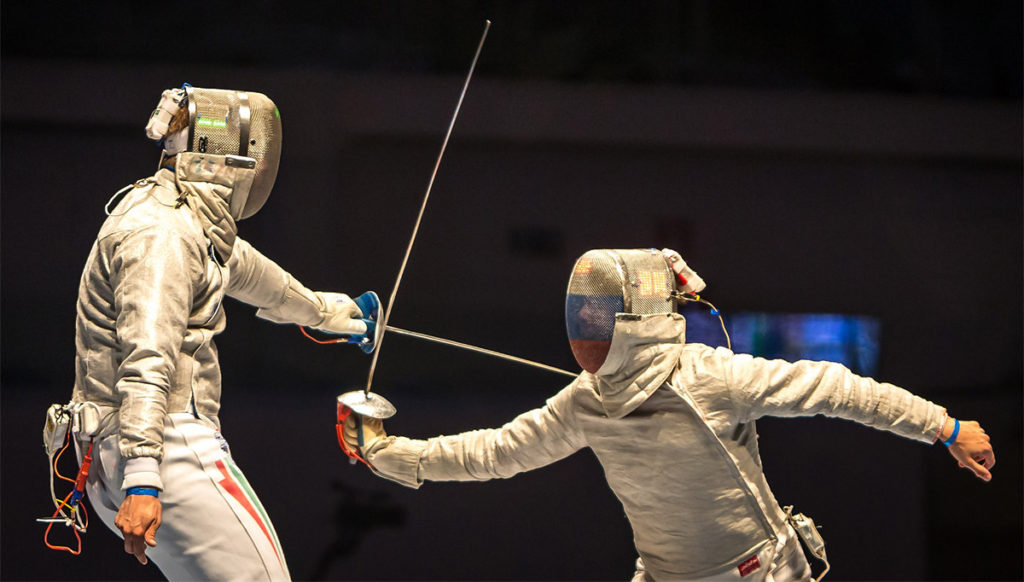The Key to Leading Difficult Conversations: Strategies for High Performers
If you’ve ever caught a rerun of the 1980s sitcom Designing Women, you may be familiar with Julia Sugarbaker’s epic takedowns. No matter what was happening in the episode, this character was laser-focused and whip-smart. She had a comeback for…









